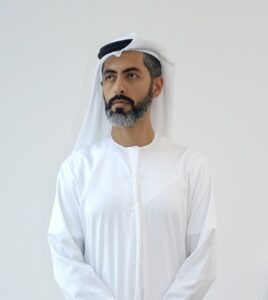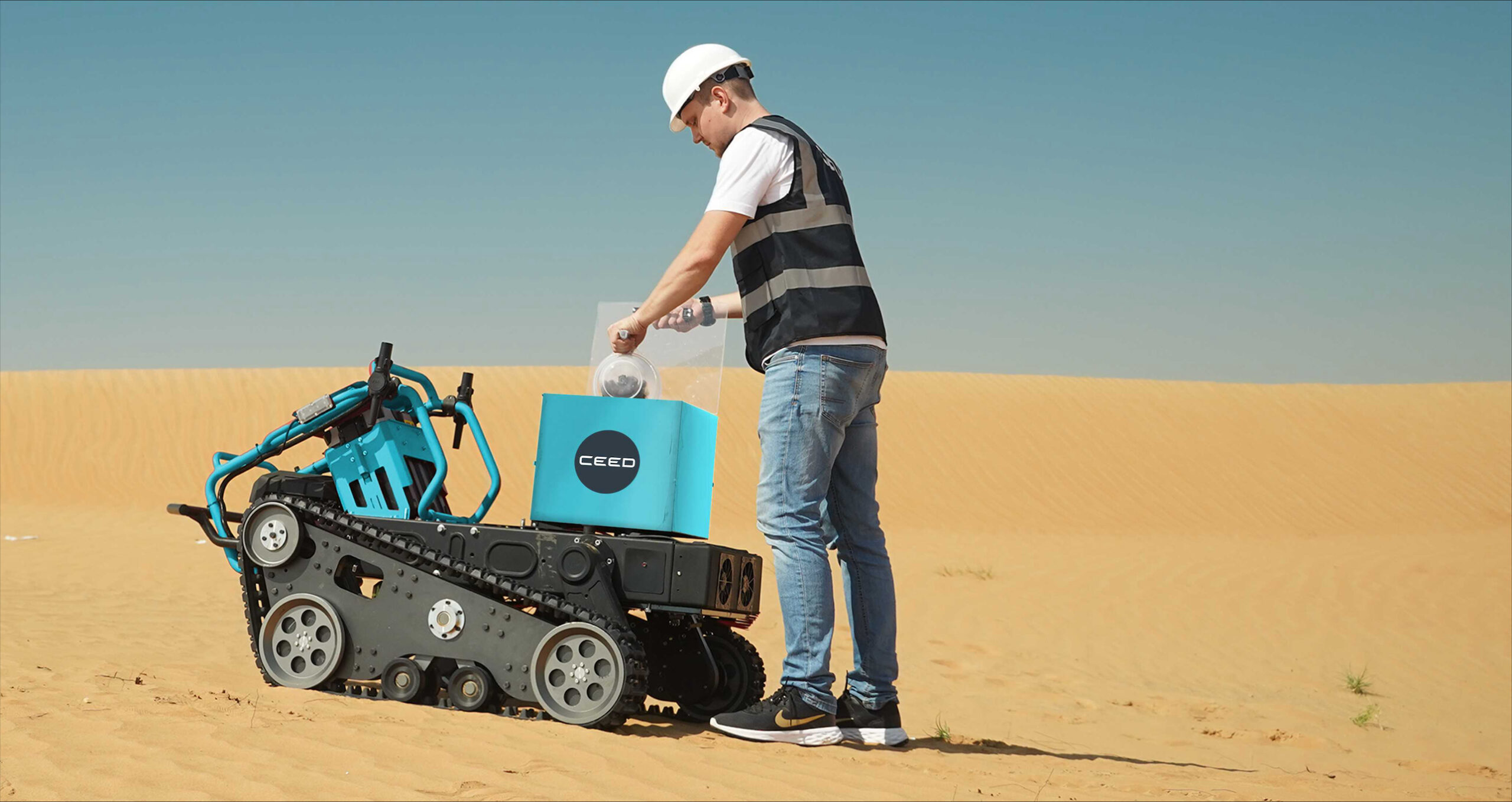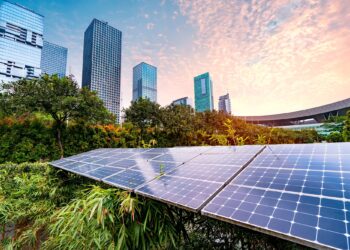Following years of investment into an internal sustainability initiative – The Ghaf Tree Project – CAFU announces the establishment of CEED (CAFU Environmental Engineering for Drylands) as an independent and standalone entity on World Environment Day. As a climate technology company, CEED will be responsible for advancing robotic and biotech development to combat climate change, with a vision to drive environmental transformation and address the critical need for reforestation in dryland areas increasingly impacted by climate change.
Using a combination of robotics and biotech, CEED’s mission will involve autonomously planting and nurturing ecosystems in arid regions. This approach includes the use of seedball technology, subsurface planting and integrated irrigation systems to ensure optimal water usage for increased germination and survival rates.
In partnership with United Arab Emirates University (UAEU), the CEED model is built around six key components, which include, leveraging extensive R&D of tree species and seedballs, automated seedball production, planting location analysis, advanced unmanned ground vehicles (UGVs), monitored irrigation systems, and ongoing biomass monitoring.
The UGV technology enables CEED to plant multiple tree species, creating rich and diverse ecosystems with native plants, such as palms, Ghaf trees, and others. This diversity supports resilient ecosystems with better capabilities for withstanding environmental stresses. To ensure precision in planting, CEED uses its bespoke seedball moulding machine to ensure consistency in the size, shape, and seed content of each seedball. This consistency of seedball production allows seamless integration with the CEED UGV for efficient mass planting.
This initiative coincides with the release of CAFU’s 3rd annual Impact Report. The report highlights the company’s Environmental, Social and Governance (ESG) initiatives, partnerships, and investments over the past year, which were implemented to advance the company’s goal of making a lasting positive impact.
“CEED is another example of how we are putting our technological expertise to work for the good of our community. We believe that technology is a catalyst for unlocking powerful ways to make a positive impact. Innovation enables us to meet evolving demands and create a better future, addressing new societal and environmental challenges as they arise,” said Rashid Al Ghurair, Founder and CEO of CAFU, “We take pride in our transparency and commitment to creating a sustainable future through innovative environmental, social, and governance initiatives – and we will continue to focus on making a lasting impact by using the power of technology for good.”
A few highlights from the 2023 CAFU ESG Impact report include:
- Launched mobile EV charging in Montreal, Canada, and have since enabled the delivery of 38,000 kWh, and preventing approximately 50 tons of CO2 equivalent emissions.
- Increased its fleet size by approximately 70% in 2023 in order to meet growing consumer demand – while reducing oil spillage by 81%.
- Established a second depot facility in Jabal Ali that boasts a vapour recovery system, reclaiming all vapours before their release into the atmosphere.
- Built a 100-student school in Malawi, in partnership with Dubai Cares.
CAFU leverages its resources and expertise to live its purpose of being a catalyst that makes the world work better. CAFU is committed to creating a positive impact on the environment, society, and economy.
For more information and to access the CAFU ESG Impact Report 2023 report, please visit https://www.cafu.com/cafu-community.










Discussion about this post